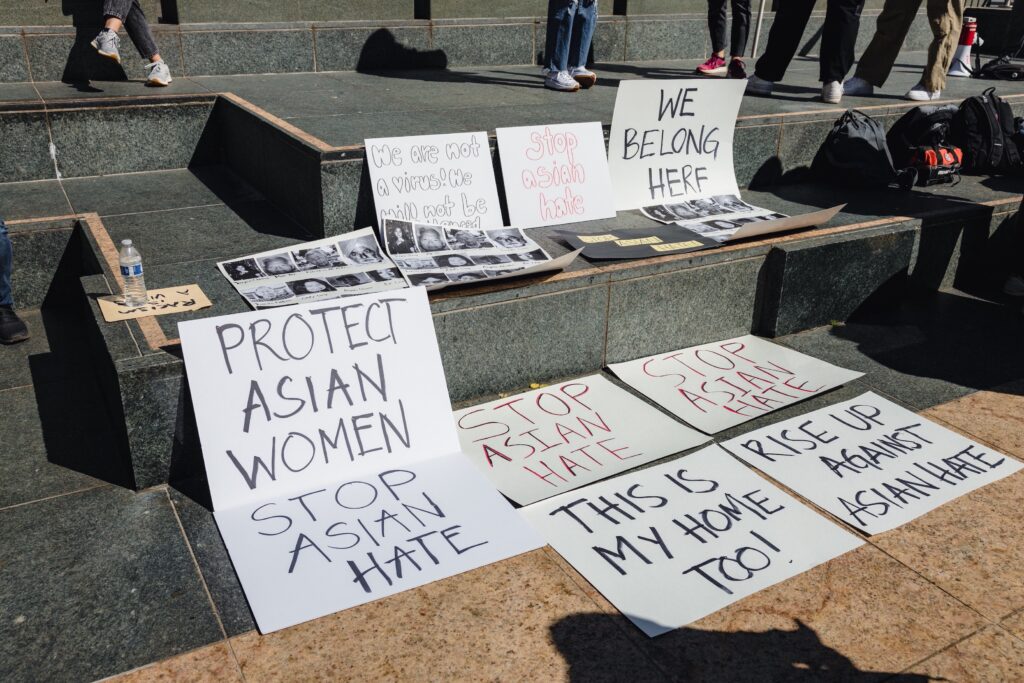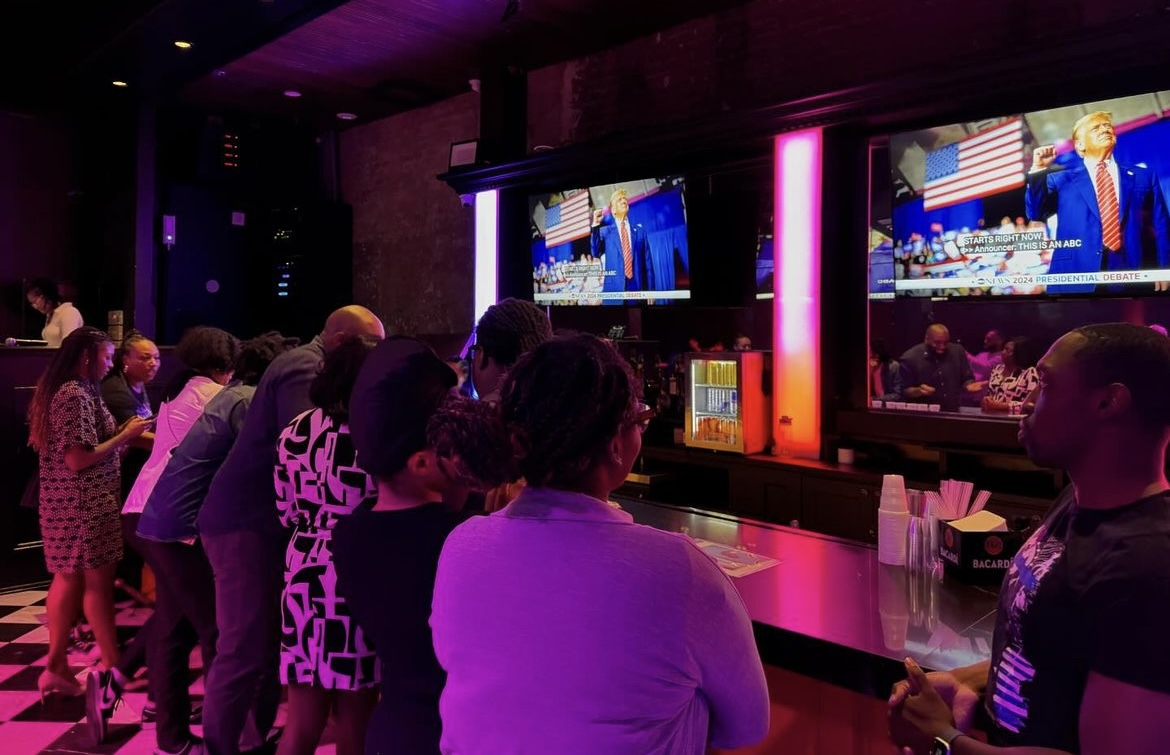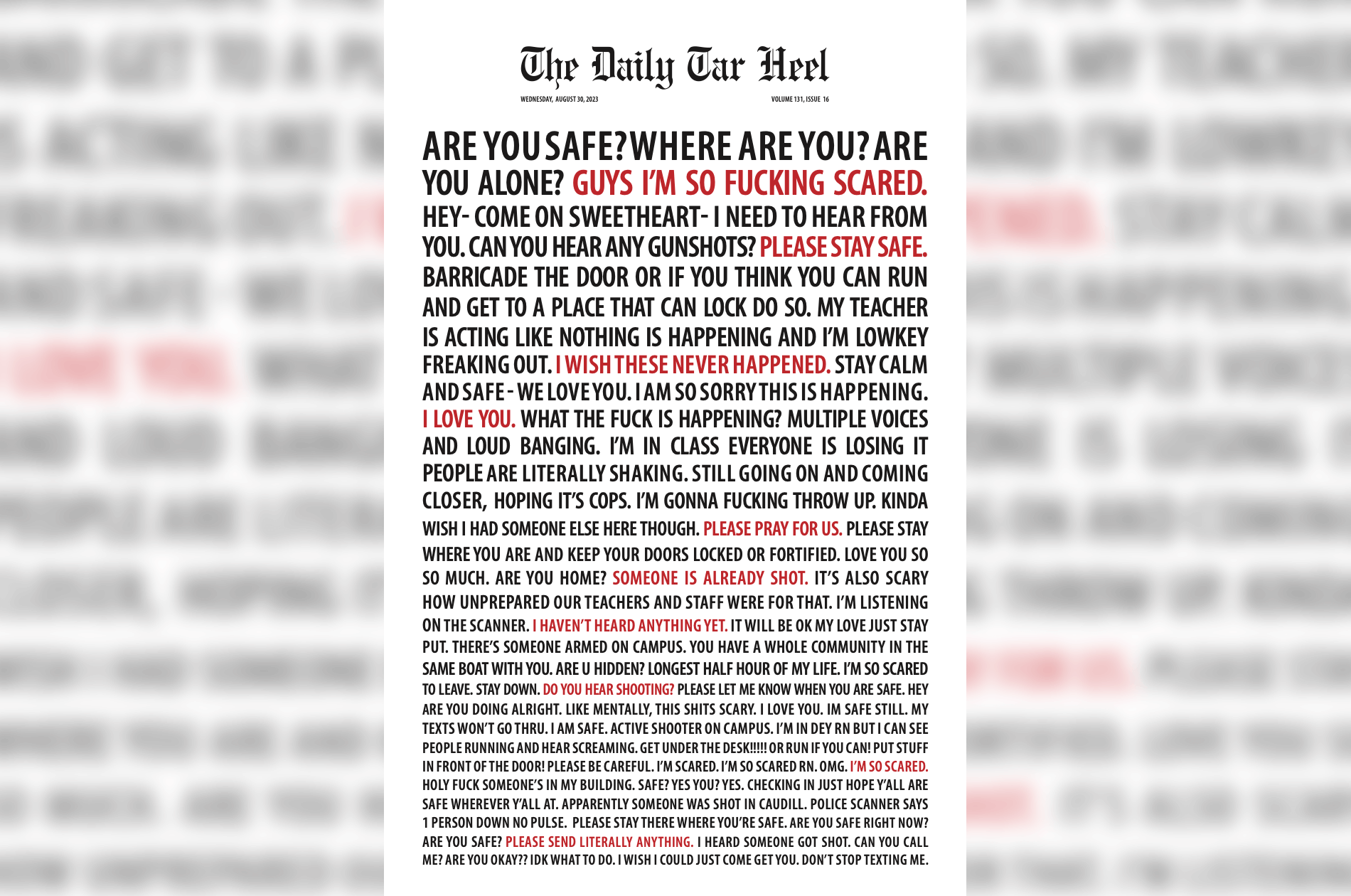(NEW JERSEY) — Human Rights Watch (HRW) is an international non-governmental organization that investigates and reports on human rights abuses worldwide. They defend the rights of the people and pressure those in power to secure justice and enforce change. While there are no hard and fast rules governing what is journalism and who is a journalist, HRW publishes information in the gray area of journalism. It is a group that, while not a news outlet, produces articles that I believe fall under the ethics of advocacy journalism as it adopts a non-objective viewpoint that is fact-based.
Unlike traditional journalism that must be impartial, HRW is known to conduct research to advocate for human rights while directing their advocacy towards governments, armed groups, and business. For example, their uncovered facts of human rights abuses have led to meetings with governments, rebel groups, corporations, and the United Nations to enforce laws and policies and see that justice is served. However, just as journalists do, the HRW also follows the four principles that serve as the foundation of ethical journalism by the Society of Professional Journalists (SPJ) Code of Ethics, which are to seek truth and report it, minimize harm, act independently, and be accountable and transparent. While HRW is not strictly speaking a normal form of journalism, they are still an example of good reporting because they center on the truth that is not neutral but instead verifiable.
HRW’s article titled “Covid-19 Fueling Anti-Asian Racism and Xenophobia Worldwide” published on May 12, 2020, presented applied action research on the surge of hate crimes towards Asian Americans to urge governments to adopt action plans needed to counter intolerance. The article reported on the rise of anti-Asian, xenophobic violence, and discrimination that the COVID-19 pandemic unleashed. It included data of Asians around the world that have been subjected to attacks, threats, racial abuse, and discrimination. In the U.S. alone, STOP AAPI HATE received almost 1,500 reports of incidents of racism, discrimination, and physical attacks against Asians and Asian-Americans. With the collected data of countries including the U.S., U.K., Russia, Australia, India, and Sri Lanka, HRW urged the governments to adopt new action plans to address the wave of Covid-19 racism.
HRW’s strong advocacy remains conspicuous throughout the article. For example, the article starts with “Governments should take urgent steps to prevent racist and xenophobic violence and discrimination linked to the Covid-19 pandemic,” a clear statement of advocacy. The journalist then proceeds to state what the government or federal agencies of different countries have and have not done. The article also ends by suggesting “All governments should adopt new action plans to address emerging forms of discrimination and xenophobia tailored to the new and changing circumstances,” with a linked outline of the UN High Commissioner for Human Rights’ national action plans against racial discrimination.
I believe the HRW delivered a great example of advocacy journalism that does not violate the ethics of journalism. According to the SPJ Code of Ethics, the four principles that serve as the foundation of ethical journalism are: seek truth and report it, minimize harm, act independently and be accountable and transparent. In the article, HRW was able to seek out the truth by gathering verifiable data and sources on the reports of the hate crimes against Asians. The journalist did not plagiarize but rather identified and attributed the sources where it is relevant and appropriate. The HRW has reported on facts that can be traced back to news sources for transparency. It features quotes from HRW experts and also links to multiple news publications for its basis on such news including The Washington Post, BBC News, The Verge, Al Jazeera, and NextShark. The piece mostly reads as a hard news article with detailed investigative reporting on the attacks against Asians.
“To minimize harm” denotes showing compassion for those affected by the news coverage, which the HRW has done by becoming the voice of the ostracized. They investigate, expose the truth, and act on social justice. Moreover, “to act independently” means to serve the public and to avoid conflicts of interest. While the organization takes a stance on the actions of the government, their advocacy does not take away from their truthful and objective reporting. In fact, their website clearly states, “To ensure our independence, we refuse government funding and carefully review all donations to ensure that they are consistent with our policies, mission, and values.” Lastly, the article upholds the principles of “accountability and transparency.” The HRW has explained its ethical choices to its readers without leaving statements that were not supported by facts.
The HRW has encouraged a civil dialogue with the public about their coverage on the topic matter. I strongly believe in the advocacy journalism of HRW for its ability to uphold the SPJ Code of Ethics while driving social justice and change. They prove the possibility of standing as an advocate for a cause without infringing on the ethics of journalism.


